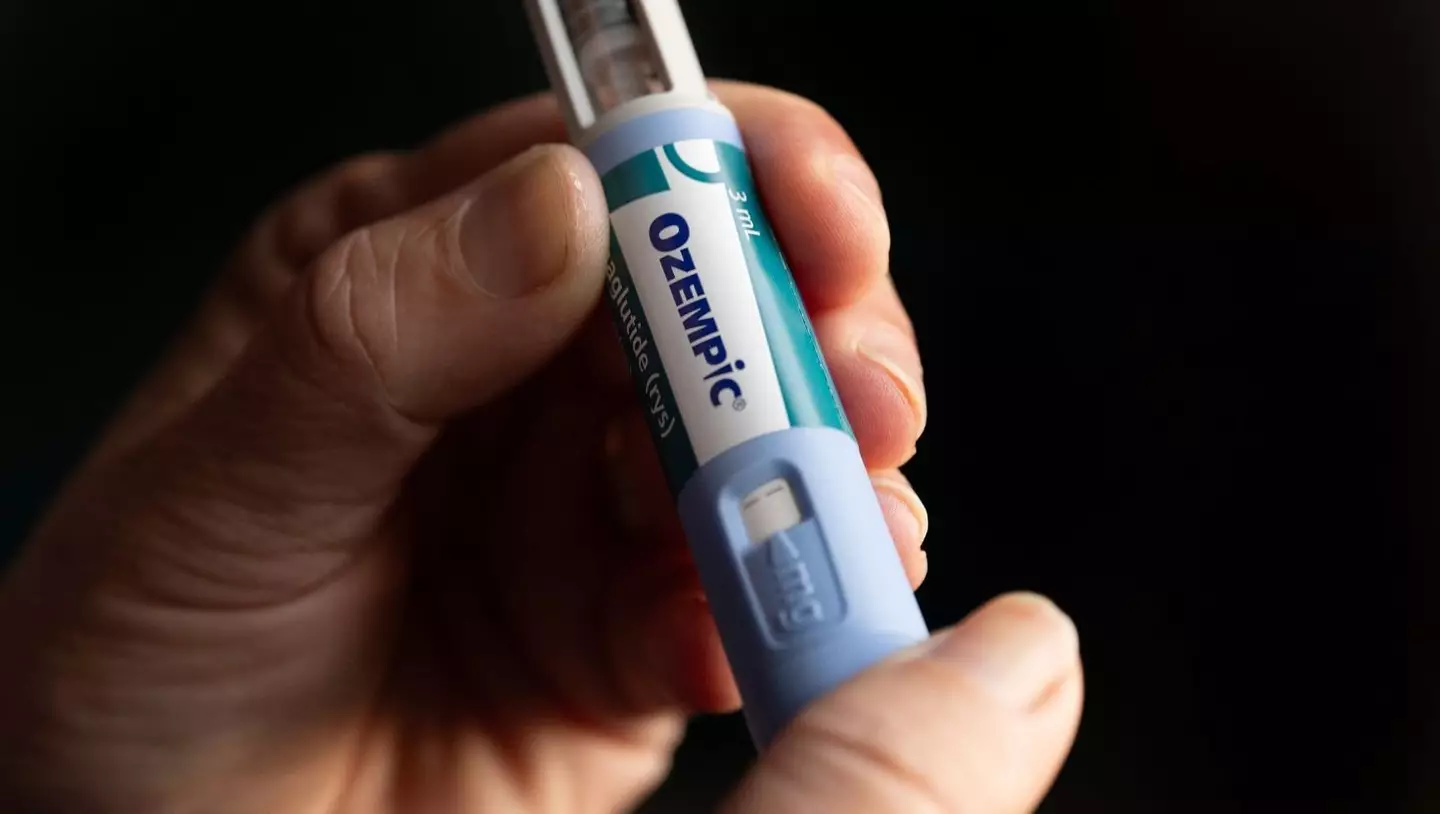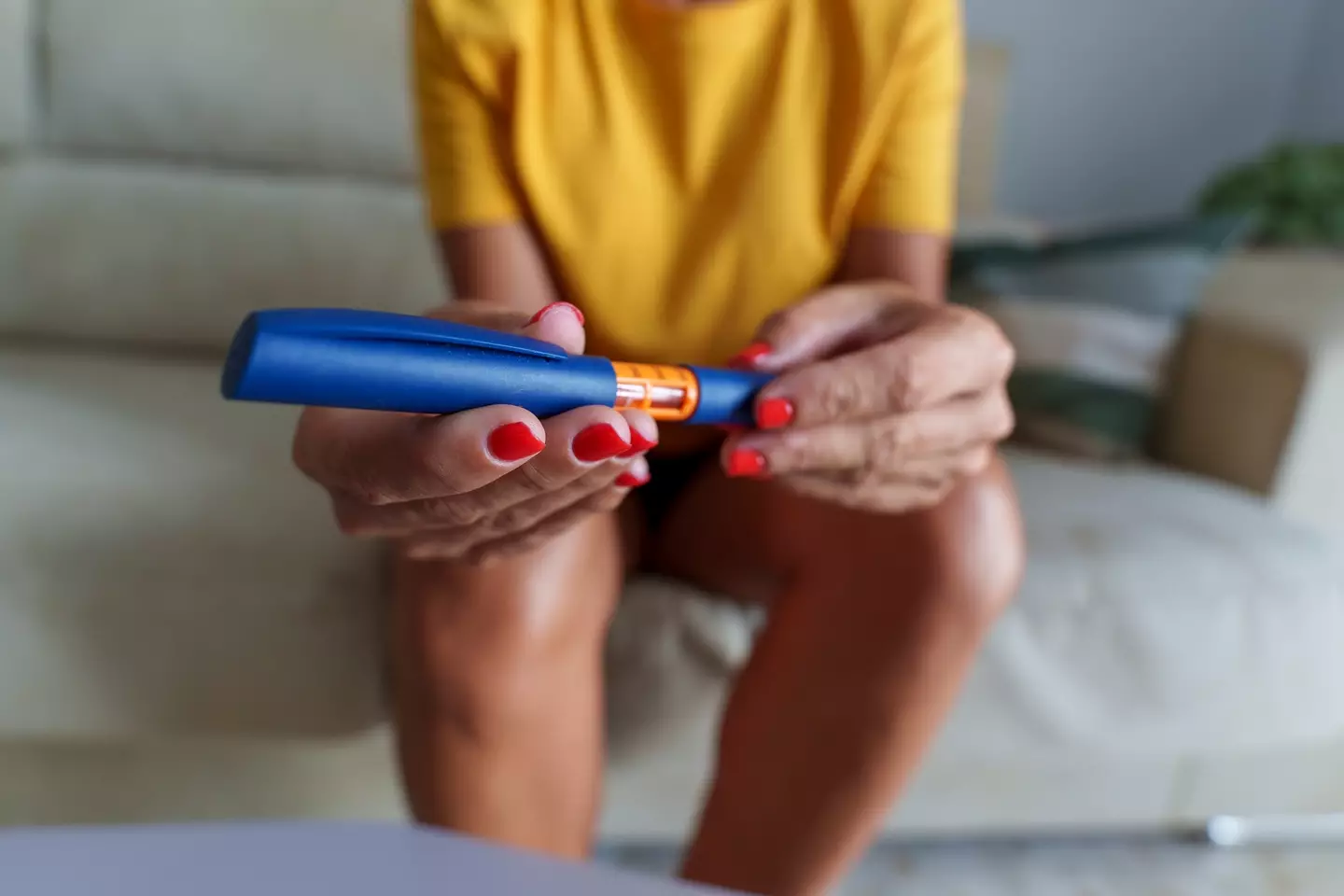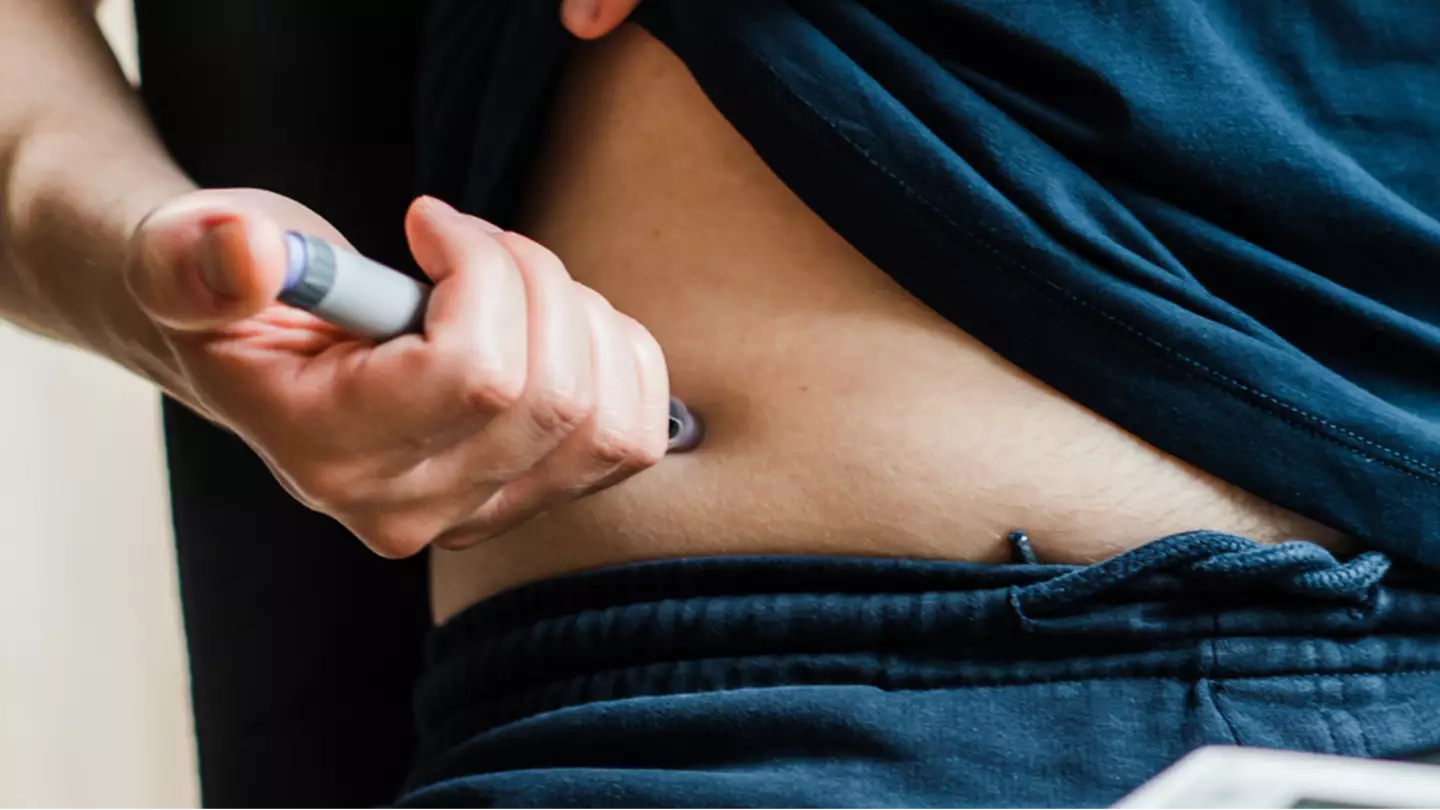A former Ozempic user has shared their experience eight months after stopping the medication, stating that the situation persists despite maintaining an active lifestyle and being in a calorie deficit.
Data from earlier this year suggests that approximately one in eight Americans have used Ozempic or similar medications like Wegovy.
As the demand for GLP-1 drugs continues to grow, an increasing number of individuals are discussing the effects these injectables have had on their mental and physical well-being.
Some have reported experiencing ‘terrifying’ side effects, while others have shared how their bodies changed after discontinuing the drug.
On October 6, a Reddit user who had previously used Ozempic admitted on the platform that they regained all the weight lost while using the medication, even though they maintained a calorie deficit.

They shared on the r/Ozempic thread that they had to stop the medication due to losing coverage from their health insurance.
“I started Ozempic back in August of 2022 at 186lbs. I started a new job in August of 2024 and my last pen that I had purchased with insurance finished in February of 2025. I weighed in around 149lbs at this time,” the Reddit user began.
“My new insurance will only cover it with prior authorization, which my endocrinologist will not provide because they refuse to take the time to do prior authorizations for Type 1 Diabetics.
“Since February, I’ve put all the weight back on despite being more active and being [in a] calorie deficit. My A1C is back up to 8.5 from 6.2. I’m at a loss of what to do.”
In addition to consuming fewer calories, the former GLP-1 user mentioned they stay very active, running four miles daily.
“I’m in the Detroit area – should I go to Canada? My prescription is $1100 at Walgreens without insurance. Should I find a new doctor that will do the prior authorization?,” they added. “This is so frustrating.”
Comments poured in, with some users questioning whether the original poster was indeed consuming 1,500 calories as claimed.
“You need to study up if you really believe this… ‘Since February, I’ve put all the weight back on despite being more active and being calorie deficit,’” one commented.
“And A1C is back up. Not adding up to me,” another noted, referring to an A1C test, which indicates the average blood sugar level over three months, according to the Cleveland Clinic.

The original poster responded to skeptics, saying: “Like I said below, everyone always assumes I’m lying and over eating and you fit into that group lol.”
“I’m not going to argue with you but again, bless. Even accounting for variation in my diet, my consumption and burned calories is nowhere near the consumption I would need to perform on a weekly basis to have gained back 40lbs,” they replied to another commenter.
They also stated that Ozempic was the ‘only thing that helped them lose weight.’
UNILAD has contacted Novo Nordisk, the maker of Ozempic, for additional details.
Healthline has noted that many people experience weight regain after stopping semaglutide, often called ‘Ozempic rebound.’
Dr. Lauren Lemieux, an obesity medicine specialist in Boston, commented on this rebound, saying: “The research is clear that it is very difficult for most people to keep the weight off after stopping Wegovy.
“This is despite trying to stick with the healthy eating and regular physical activity that was helping them lose weight in the first place.”

According to sources like NBC News and Drugs.com, there is no set time limit for using GLP-1 injections such as Ozempic. The duration can depend on how well the medication controls your diabetes.
Healthline reports that semaglutide has been utilized for weight loss in clinical trials for up to 104 weeks, or two years, while myDr.com.au mentions that most studies on GLP-1 medications last up to 18 months.
Though these drugs can help manage food cravings, reduce appetite, and stabilize blood sugar, it’s crucial to remember they are not a shortcut to health.
This implies that alongside the injections, one must engage in exercise, maintain a nutritious diet, and address the root causes of obesity or barriers to a healthy lifestyle, as suggested by Medical News Today.
“This isn’t a magic bullet or pill,” Ozempic user Edward Matias told NBC.
“It’s not the fountain of youth. It takes work and commitment. If people are asking for this med because they want to lose weight and think they can eat anything at all, they’re in for a rude awakening.”

